This Holiday Season, Celebrate Food & Farmers with WEA Grassroots Accelerator Leaders
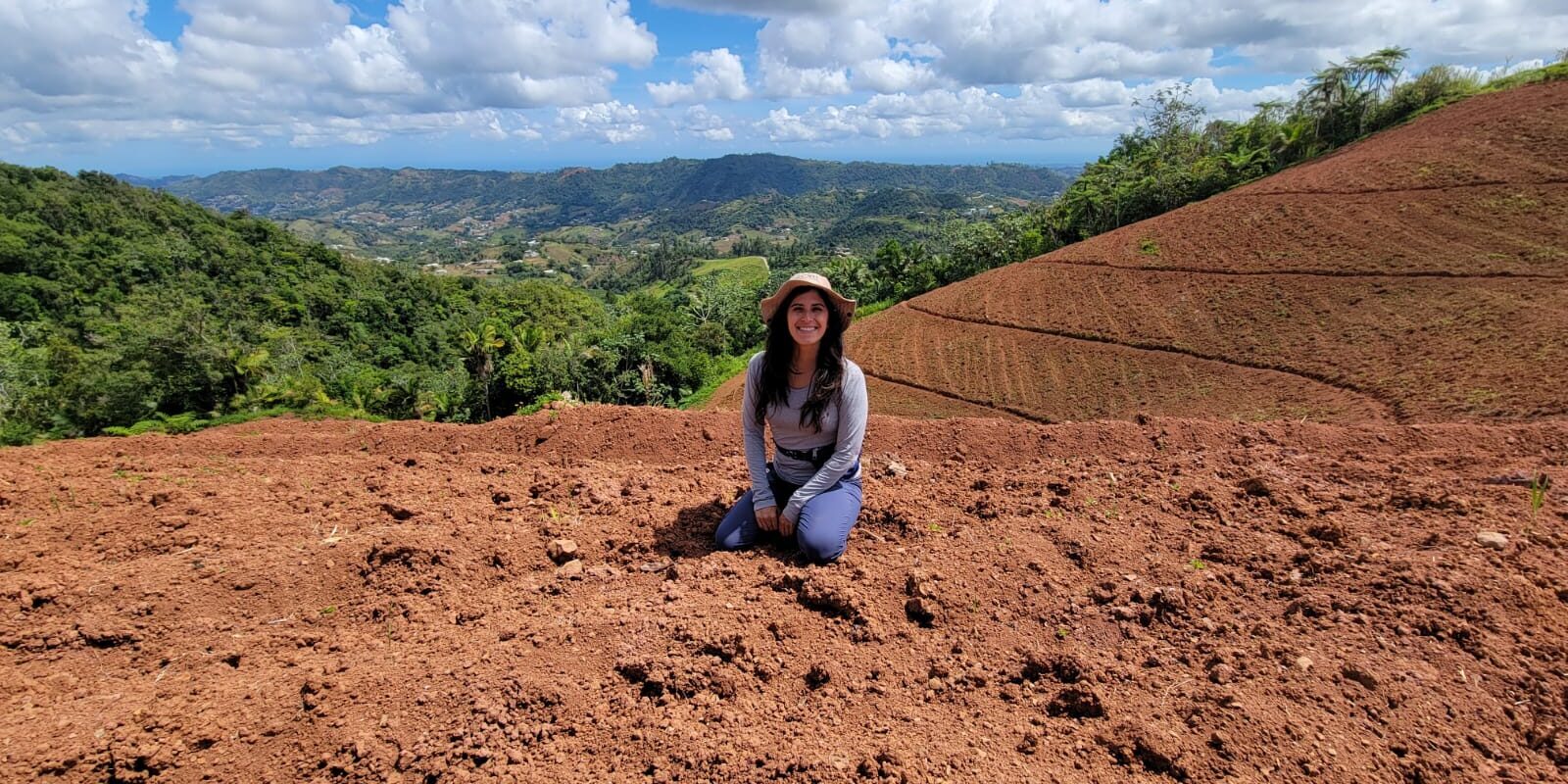
Today’s conventional agriculture has traditionally produced 10-20% more yields than organic and regenerative agriculture—but at a steep and unsustainable cost. In fact, research has shown that it has done so largely at the expense of the environment, economics and the well-being of our communities. The industry is responsible for an estimated 24% of the world’s carbon emissions, and nitrates from farming are the most common chemical pollutant found in groundwater. Now more than ever, there is an overwhelming need for sustainable agricultural systems, and a recent report from the United Nations indicates that women are essential to this transition.
WEA has supported over 7,000 women smallholder farmers to transform their farms from conventional to organic. These farmers are using climate-smart and regenerative agriculture practices, Indigenous seed saving techniques, climate adaptation and mitigation strategies, and are developing farm businesses to increase their livelihoods, financial independence and economic security.
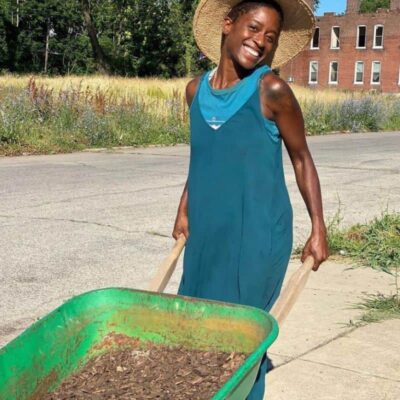
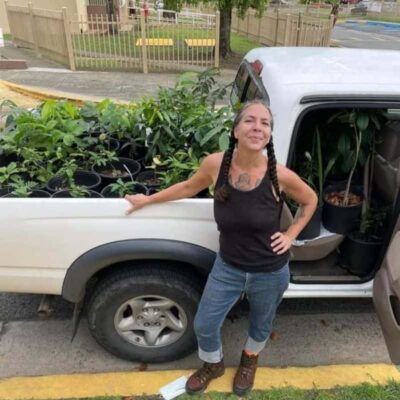
Producer Driven Data
Johanie Rivera-Zayas works to increase soil health and farmer resilience in working land in Hawai’i, Pohnpei and Puerto Rico. She focuses on empowering producers to implement climate-smart agricultural practices, and generating and analyzing soil health data to support and demonstrate how these practices can and should be implemented by other growers to ensure climate resilience and healthy food systems.
Farmworker Rights
Irene Ruiz advocates for and protects migrant farmworkers’ rights and health. She supports their climate-resilience, as many farmers often face dangerous and unhealthy working conditions. Irene is currently working on pesticide reform, and rebuilding local economies in her region.
Composting
Georgia Tunioli supports schools in the South Bay area of Los Angeles to recycle their food scraps, integrate composting lesson plans in their curriculum, and build compost systems with students. Thanks to her work, since 2017, over 10,000 pounds of organic waste have been diverted from landfills and composted in the community, and the initiative continues to grow in both size and impact.
Seedkeeping
Darshan Elena Campos celebrates Indigenous Black Caribbean histories and ecologies through a community seed bank and native tree nursery in Boriken (Puerto Rico). The seed bank promotes healing, resilience, gardening and reforestation on the frontlines of the climate crisis.
Jane Jacobs is cultivating an ecologically diverse seed bank through community gardens and seed giving. By reintroducing Indigenous food systems and practices that were threatened by colonization, Jane is promoting environmental, cultural, and economic resilient communities.
Urban Food Justice
Dail Chambers is a doula, urban farmer, and visual artist using art to address environmental and social issues in Saint Louis, MO. In a recent interview with CanvasRebel, Dail describes her work as “the evolution of crafting with nature, while including ancestry, migration and native ecology in one’s work.” Dail has created a space for her community to gather, grow food, and learn about the environment.
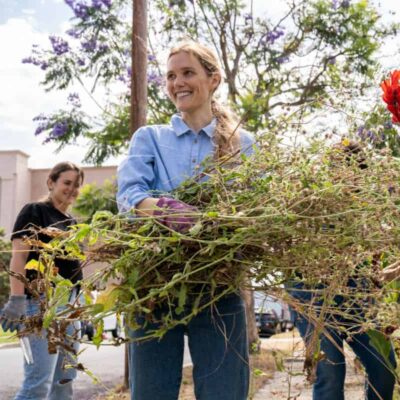
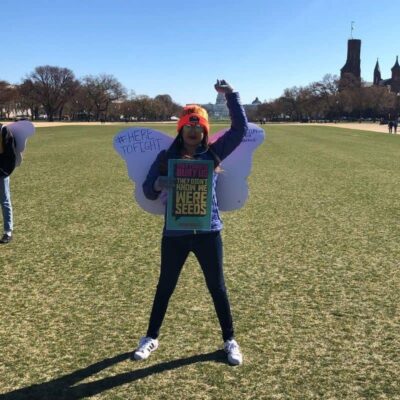
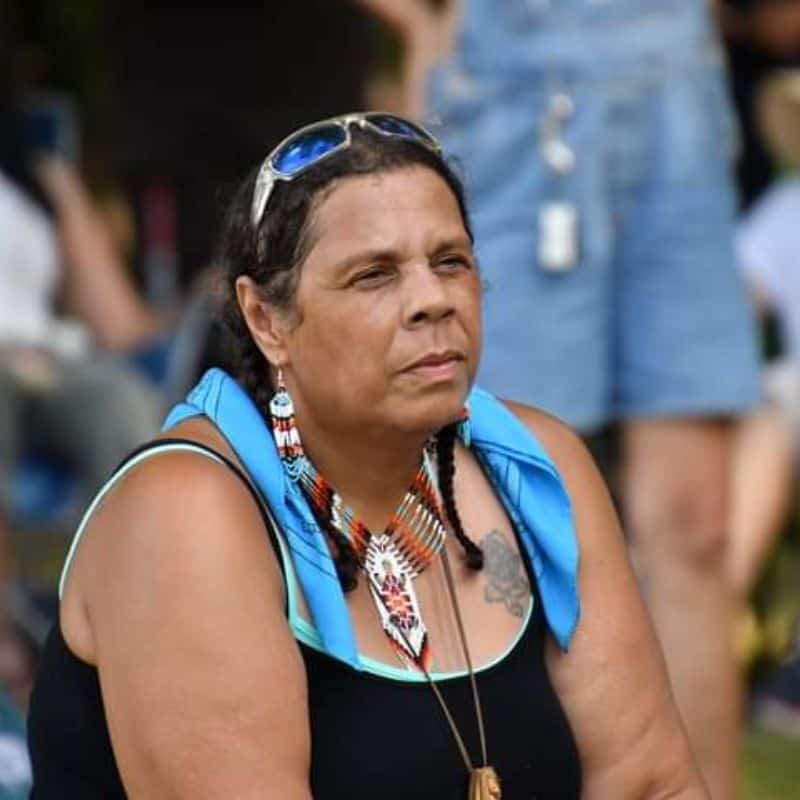
As we sit down to enjoy and share the gift of food in this festive season, we celebrate WEA Leaders who are rising to ensure our world’s food systems are healthy, sustainable and just.
For more information about ways you can support sustainable and regenerative agriculture in your community and around the world, check out WEA’s Food and Agriculture page to find even more women-led initiatives that are creating lasting change for the future of agriculture.
Written by Lila Rubin, WEA Intern
